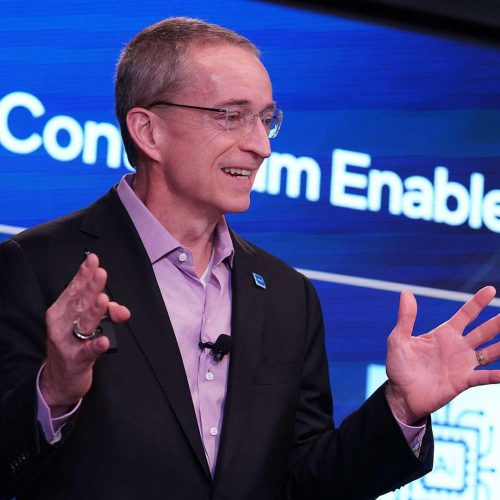Palantir CEO Alex Karp says Silicon Valley needs to change its attitude — and collaborate with the US government

Mustafa Yalcin/Anadolu Agency/Getty Images
- In his new book, Palantir CEO Alex Karp will explore how "Silicon Valley has lost its way."
- Big Tech needs to realign with the US government to address pressing issues like AI, he says.
- Karp says the progressive left has impeded this work in recent years.
Palantir CEO Alex Karp said Silicon Valley has lost its way under the spell of the progressive left — and has spent its time on inconsequential things like social media instead of collaborating with the US government on game-changing advancements.
It's time for that to change, Karp will argue in his coming book, "The Technological Republic." He sat down in an interview this week to unpack his thoughts on the incoming Trump administration — and what needs to change in Big Tech.
Speaking with investor Stanley Druckenmiller to promote the book, Karp recounted how, in 2018, Google employees protested the tech giant's involvement with Project Maven, which was a collaboration with the Department of Defense.
Amid outcry, Google opted not to renew its contract. (Palantir is among the companies now working on the project.)
It's become unpopular in some quarters of the tech world for companies to support the US government in recent years, Karp contended. But a shift may be afoot, he said.
"The Valley has realized you just cannot placate the anti-intellectual left" — a trend that's accelerated in the wake of October 7, he said. "They'll destroy your business."
Karp's book will argue that the tech sector must work with the government to address pressing issues — namely, prevailing in the AI arms race.
At the same time, Karp expressed optimism about "the level of talent that is coming in to fix our government," nodding to the incoming Trump administration.
He said American society is at a crisis point, with many feeling certain "instruments of measurement" — schools, borders, and intergovernmental government organizations like the United Nations — "have been corroded." On the other side of the aisle, Karp said, people are "worn out."
Palantir did not immediately respond to a request for comment from Business Insider.
In the interview, Karp joked that Palantir was "a rare cult with no sex and very little drugs — and we're not poisoning anyone."

